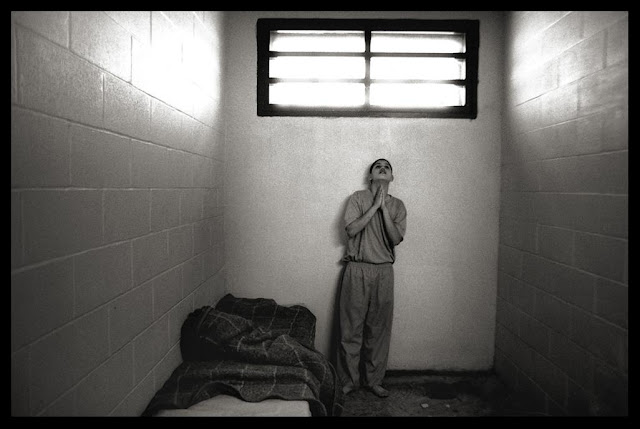Highlights
- Depression moderated the effects of MI on delinquent behaviors 3 months after treatment.
- Compared to meditation, MI is better at reducing predatory aggression when depressive symptoms are low.
- Compared to meditation, MI is better at reducing alcohol-related predatory aggression when depressive symptoms are low.
The current study investigated the
impact of MI on general, alcohol-related, and marijuana-related delinquent
behaviors in incarcerated adolescents. Participants in the study were
incarcerated adolescents in a state correctional facility in the Northeast
region and were assessed as part of a larger randomized clinical trial.
Adolescents were randomly assigned to receive MI or relaxation therapy (RT)
(N = 189) treatment. Delinquent behaviors and depressive symptomatology were
measured using the Delinquent Activities Scale (DAS; Reavy, Stein, Paiva,
Quina, & Rossi, 2012) and the Center for Epidemiological Studies—Depression
scale (CES-D; Radloff, 1991) respectively.
Findings indicate that depression
moderated treatment effects. Compared to RT, MI was better at reducing
predatory aggression and alcohol-related predatory aggression 3 months
post-release when depressive symptoms were low. Identifying an efficacious
treatment for these adolescents may benefit society in that it may decrease crimes
against persons (i.e., predatory aggression) post release.
Purchase full article at: http://goo.gl/uTK8MA
By:
Affiliations
Cancer Prevention Research Center, University of Rhode
Island (http://web.uri.edu/cprc/), 130 Flagg Rd., Kingston, RI 02881
The Rhode Island Training School, 300 New London Avenue,
Cranston, RI 02920
Correspondence
Corresponding author at: Cancer Prevention Research Center,
University of Rhode Island, 130 Flagg Rd., Kingston, RI, 02881. Tel.: +1 401
874 4013; fax: +1 401 874 5562.
More at: https://twitter.com/hiv
insight

No comments:
Post a Comment